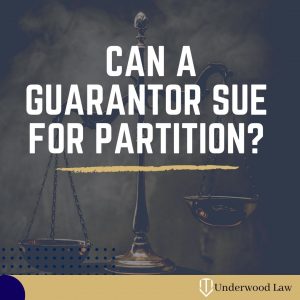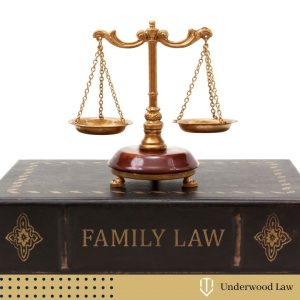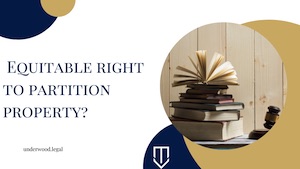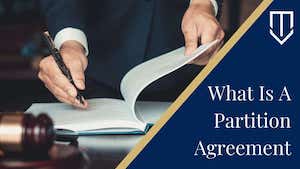 Unless the guarantor has an interest in the property, such as a joint tenancy, tenancy in common, or tenancy by the entirety, then no, a guarantor in the property can not sue for partition.
Unless the guarantor has an interest in the property, such as a joint tenancy, tenancy in common, or tenancy by the entirety, then no, a guarantor in the property can not sue for partition.
This seems complicated, but if you break down that a guarantor simply acts as collateral against a property mortgage, and those who are eligible to bring a partition action lawsuit must have an actual interest in the property, it starts to make more sense. Read on to find out more about how these two concepts interact in the world of real estate law.
 California Partition Law Blog
California Partition Law Blog


 If you co-own or are a co-tenant of a shared piece of real estate property, possession is not enough for the court to determine that the other party will lose their rights or their interest in your shared real estate property.
If you co-own or are a co-tenant of a shared piece of real estate property, possession is not enough for the court to determine that the other party will lose their rights or their interest in your shared real estate property.

 No, rent control laws cannot prevent a partition eviction. However, the answer is a bit more complicated than one might think. There are very specific rules and regulations in California that regulate both rent control laws and partition action evictions. Read on to learn more.
No, rent control laws cannot prevent a partition eviction. However, the answer is a bit more complicated than one might think. There are very specific rules and regulations in California that regulate both rent control laws and partition action evictions. Read on to learn more.



